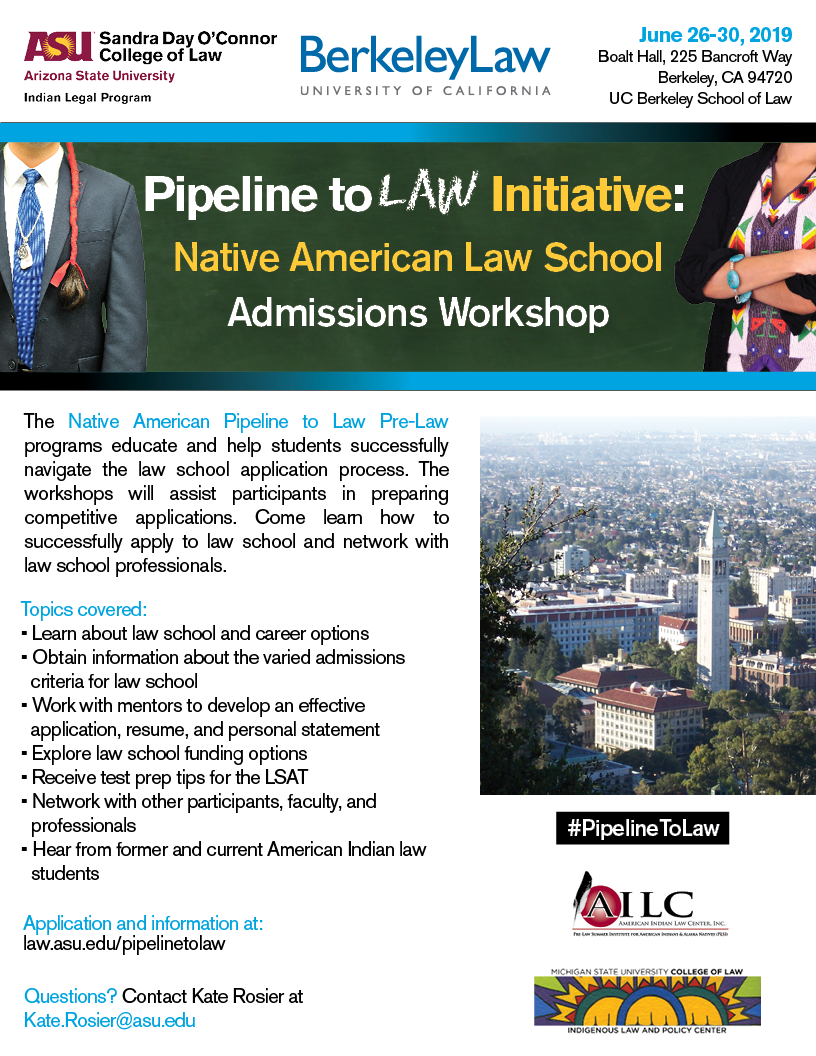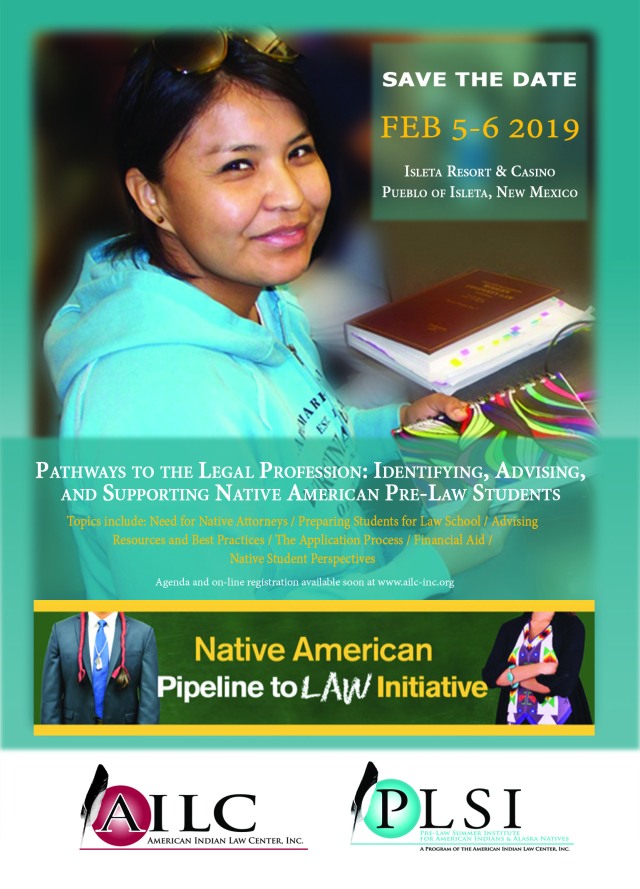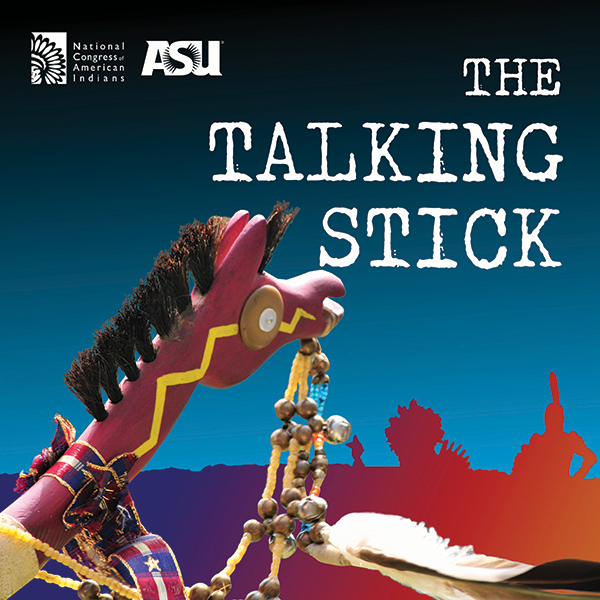Public Conference Call with Chair Catherine E. Lhamon & Commissioner Karen K. Narasaki
Broken Promises: Continuing Federal Funding Shortfall for Native Americans
Thursday, December 20, 2018, 1:00 pm ET
WHAT:
On December 20, 2018, the U.S. Commission on Civil Rights will release Broken Promises: Continuing Federal Funding Shortfall for Native Americans. The Commission evaluates whether the federal government is meeting its trust responsibilities, and examines budgets and spending of federal agencies that sponsor Native American and Native Hawaiian programs, including the Departments of Health and Human Services, Interior, Housing and Urban Development, Justice, and Education.
Prompted by concerns raised by Native American communities and Members of Congress, Broken Promises revisits our 2003 report, A Quiet Crisis: Federal Funding and Unmet Needs in Indian Country, which similarly evaluated expenditures of federal agencies on Native American programs. In Quiet Crisis, Commission majority found that funding for services critical to Native Americans was disproportionally lower than that for other populations. Broken Promises, based on expert and public input, and extensive research and analysis, will offer actionable recommendations to the President, Congress, and numerous federal agencies.
WHO:
Catherine E. Lhamon, Chair, U.S. Commission on Civil Rights
Karen K. Narasaki, Commissioner, U.S. Commission on Civil Rights
WHEN:
Thursday, December 20, 2018 | 1:00 pm ET
WHERE:
Public teleconference | Call-in line: 855-719-5012 | Conference ID: 4729980.
Callers will have the opportunity to ask questions about the report. Participants are encouraged to RSVP to publicaffairs@usccr.gov.
See: https://www.usccr.gov/press/2018/12-12-PR-Broken-Promises.pdf


 The registration fee is waived for representatives from Tribal Education Departments, Tribal Colleges and Universities, and schools with Native American student enrollment. A limited number of travel reimbursements are still available. Details on the reimbursement, lodging, and the schedule are provided on the registration
The registration fee is waived for representatives from Tribal Education Departments, Tribal Colleges and Universities, and schools with Native American student enrollment. A limited number of travel reimbursements are still available. Details on the reimbursement, lodging, and the schedule are provided on the registration 

